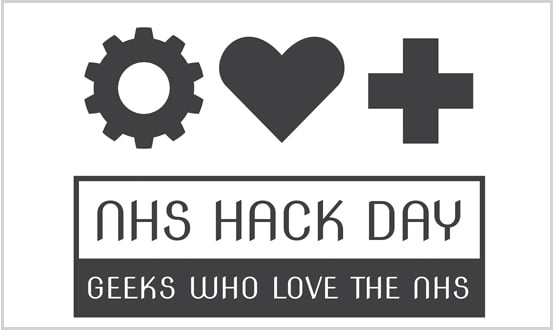2012 changes to be felt in 2013
- 31 December 2012

The transition from the era of the National Programme for IT in the NHS to the era of more IT choice for trusts in a more competitive market is finally underway.
That, at least, is the view of the trust IT directors and other experts that eHealth Insider asked to reflect on 2012 and the year ahead.
Although the coalition government made big announcements about abolishing NPfIT in both 2011 and 2010, it was not until late this year that one of its big, unfinished pieces of business was completed.
In September, the Department of Health finally signed a new interim agreement with CSC to end months of negotiations about the future of its local service provider deal for the North, Midlands and East of England.
This apparently removed the threat of legal action between the two parties, delivered what the DH described as “savings” of £1 billion on the original £3.1 billion deal, and left trusts that wanted to take the Lorenzo electronic patient record from the company in a position to do so.
Although CSC was given no volume commitments, EHI subsequently established that financial incentives are on offer to trusts that want to take the Lorenzo route; and that a number have put their own EPR procurement on hold while they look at what is on offer.
James Rawlinson, the associate director of IT services at Mid Yorkshire Hospitals NHS Trust, said that all in all “2012 feels like it has been a year of structural change, the impact of which will really be felt in 2013.”
“Trusts in the NME are seriously thinking about Lorenzo as a fit for purpose solution (and those first in the queue get a million quid),” he said.
“However, with the massive re-structuring of the NHS taking place, IT procurement and implementations will have to match the wider pace of organisational change.”
Despite the shake-up caused by the ‘Liberating the NHS’ reforms – and the increasingly difficult financial situation – Rawlinson was confident that the NHS IT market would open up to new and innovative suppliers; as long as they can demonstrate the value of what they have to offer.
Christine Walters, associate director of IM&T at Pennine Acute Hospital Trust, felt the same, arguing that “there is some really exciting technology becoming available”; although she warned that user expectations have grown over the NPfIT years, and suppliers must be ready to meet them as well.
Picking up this point, Bill Aylward, EPR project director at Moorfields Eye Hospital in London, argued that one answer to the frustrated user problem will be more clinicians getting involved in IT.
“This year has been one of the most interesting for a while, and there are signs that health IT is beginning to break out of the planning blight associated with the end of the national programme,” he said.
“There is a groundswell of demand from frustrated clinicians, desperate to see the quality of IT at work catch up with what they are used to using at home and in other consumer environments.”
Like other commenters, he argued this would lead to more NHS Hack Day-type initiatives and more interest in open source and open systems; not least from the NHS Commissioning Board, which has a number of significant projects underway.
“Predicting the future, especially in IT, is a dangerous game, but I’m certain that 2013 will not be dull,” he concluded.
Read all the predictions for 2013 in the Insight feature: Look back, move forward.




